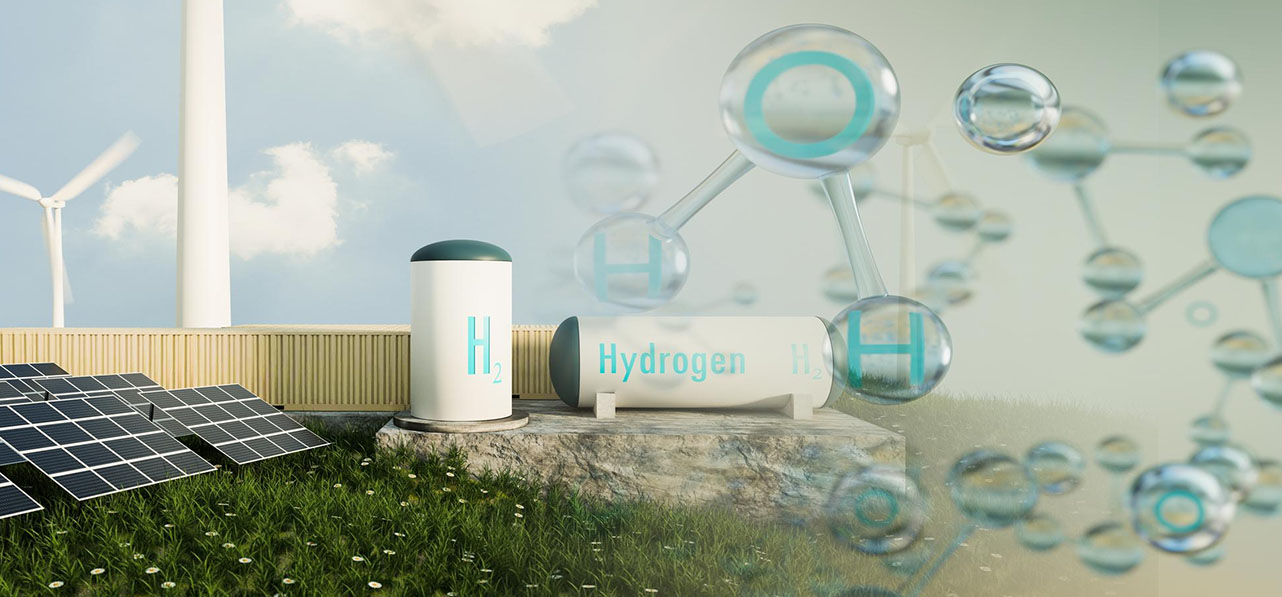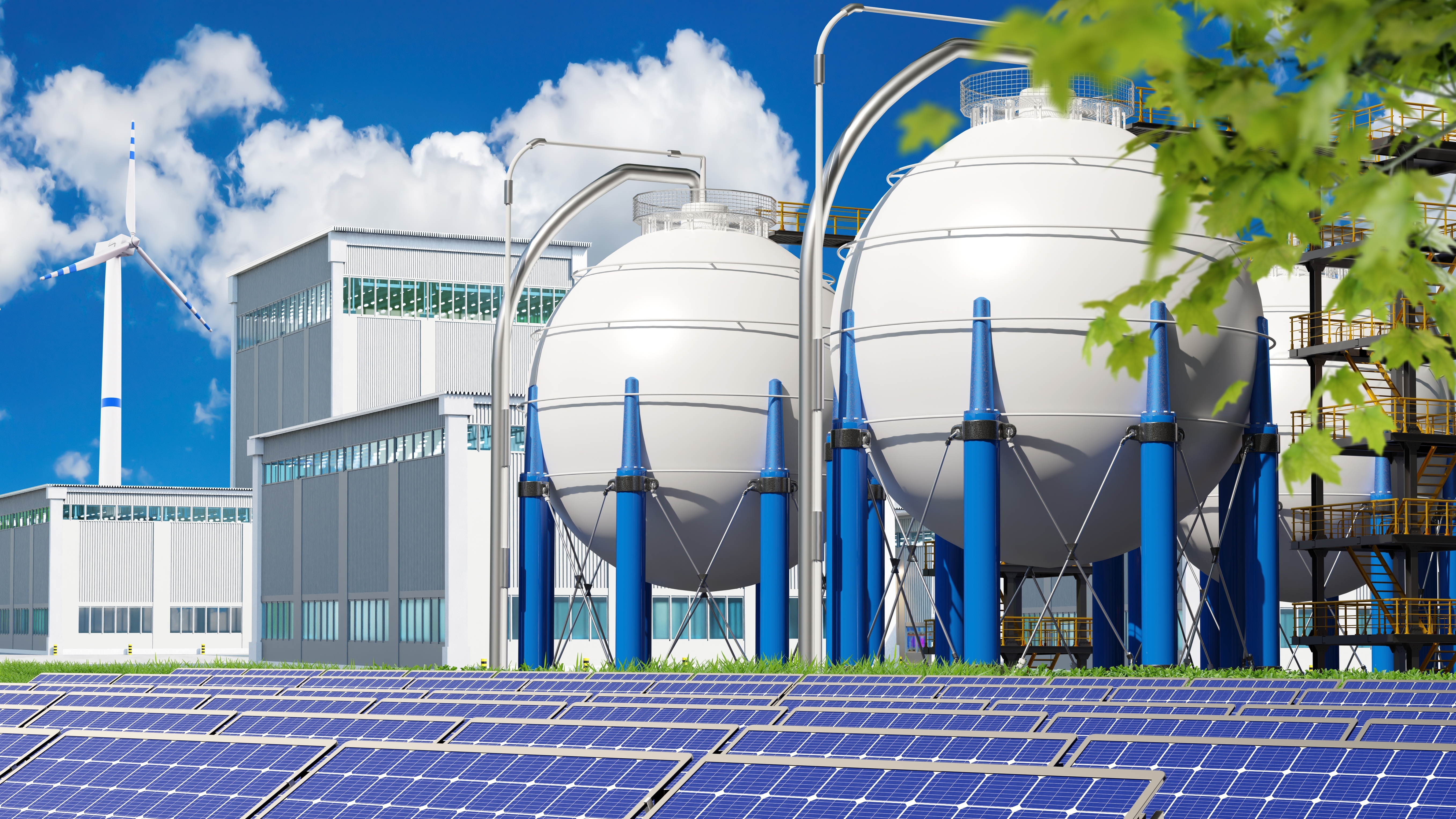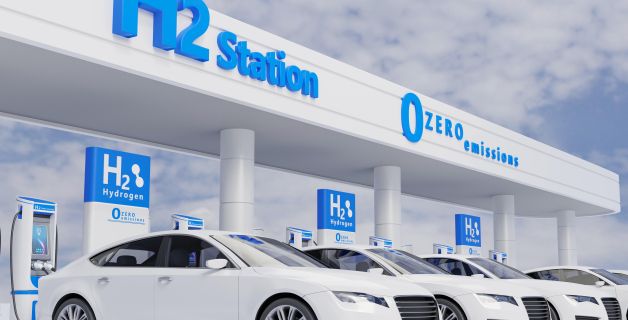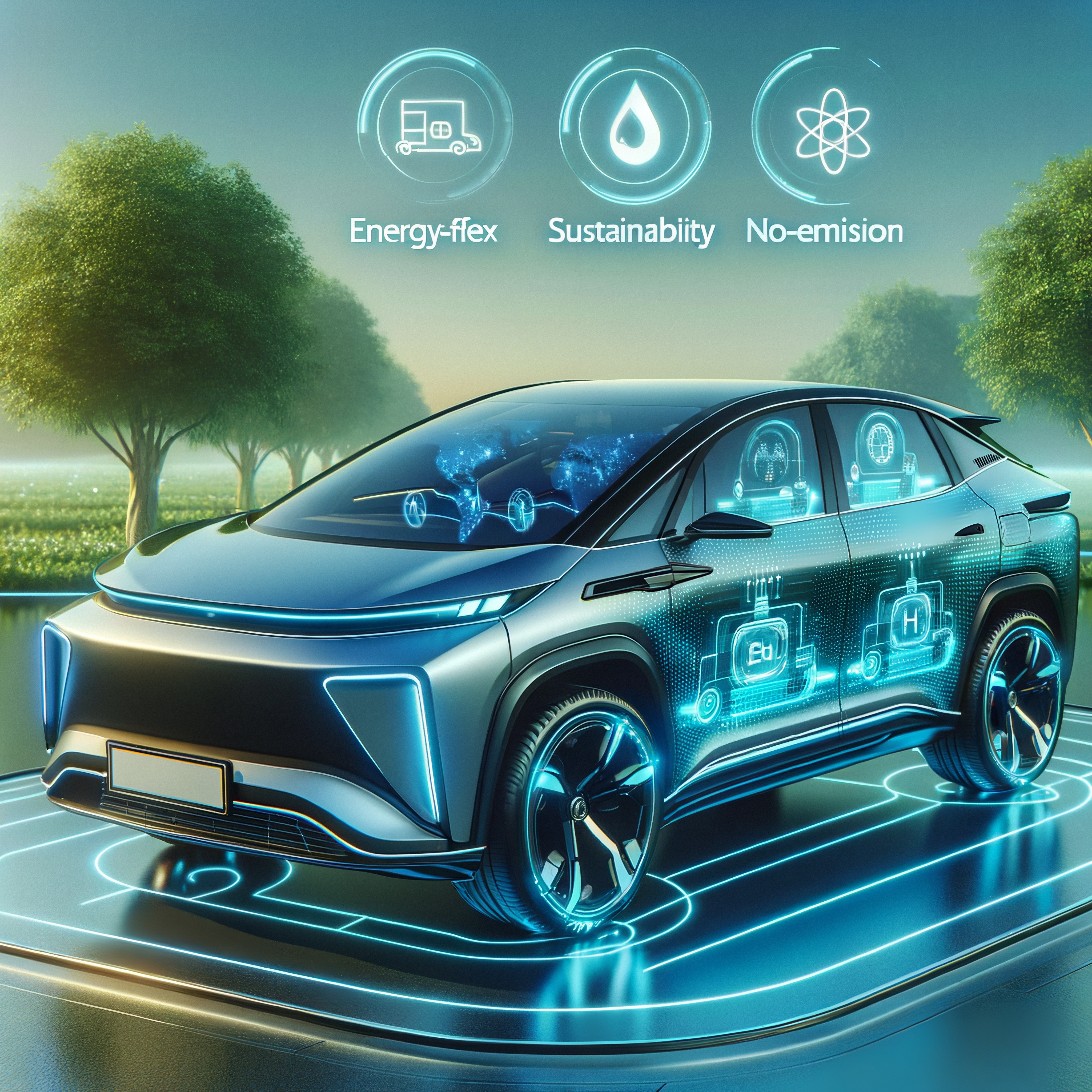Featured Articles
2022-08-15
Renault and stelantis group enter hydrogen energy sector with commercial vehicles
 Another great potential for developing hydrogen vehicles is to provide a full range of commercial hydrogen vehicles.
Another great potential for developing hydrogen vehicles is to provide a full range of commercial hydrogen vehicles.French Renault Automobile is very active in the layout of hydrogen energy, strategically starting from the establishment of the entire ecosystem, hence in the summer of 2021 began to put into concrete action. In order to provide a full range of vehicles from hydrogen fuel cell light commercial vehicles, hydrogen refueling stations, hydrogen supply and fleet maintenance and management to infrastructure in Europe, it and US-based Plug Power set up a joint venture hydrogen fuel company HYVIA.
At the ChangeNOW summit held in Paris in May 2022, Renault launched Scénic Vision's hybrid and hydrogen powertrain concept MPV, equipped with a 16kW fuel cell and using range extender technology, making it possible for the same cruising range to enable to carry twice as light batteries. It can travel 800 kilometers on a full hydrogen fuel and is scheduled to be mass-produced in 2024. It is worth noting that the vehicle uses short loops and low-carbon mineral sources, and uses low-carbon energy to assemble and produce a battery that is 60% less carbon-intensive than its peers, so that the carbon footprint is 75% smaller than the carbon footprint of the company's Megane E-Tech lithium car.
Stellantis N.V. is a large automobile group formed by the merger of Fiat, Chrysler Automobiles and Citroen Group in 2021, and has a conservative attitude towards hydrogen vehicles. However, in the Dare Forward 2030 strategic plan released in the spring of 2022, in the goal of electrifying the entire group's product line in 2030 and achieving carbon neutrality in 2038, the development of fuel cells is still listed as a key project, which will be used for light commercial vehicles first, and will launch a hydrogen-powered version of the RAM Heavy Duty pickup in 10 years. The company collaborates with Faurecia and Symbio on hydrogen storage and hydrogen fuel cell stacks. The light commercial hydrogen energy vehicles using the medium-power architecture solution, fully integrated with the existing lithium battery platform, maximizes synergies, provides a range of more than 400 km, and maintains effective load capacity.
References
-
Electrek, 2020-04-22, Bradley Berman, Daimler ends hydrogen car development because it’s too costly
-
Financial Times, 2020-05-10, Richard Milne, Volvo and Daimler bet on hydrogen truck boom this decade
-
Green Car Congress, 2022-05-20, Renault Scénic Vision hydrogen hybrid concept offers 75% smaller carbon footprint than a conventional BEV
- Electrek, 2022-01-20, Scooter Doll, Honda CEO says Toyota’s strategy topursue hydrogen combustion ‘doesn’t seem feasible’
- CNBC,2021-06-21, Michael Wayland, GM plans to expand fuel-cell businessbeyond EVs
-
General Motors, News Room, GM Plans to Broaden Electrification, Expanding Fuel Cells Beyond Vehicles
-
Reuters, 2021-09-22, Nick Garey, German auto giants place their bets on hydrogen car
-
CNBC,2022-05-22, Anmar Frangoul, The most dumb thing’: Elon Musk dismisses hydrogen as tool for energy storage
- Bloomberg, 2022-05-26, Annie Lee, The Trouble With Lithium
- Gear Patrol, 2022-03-15, Tyler Duffy, Ford May Be Planning to Keep the Internal Combustion Mustang Alive



